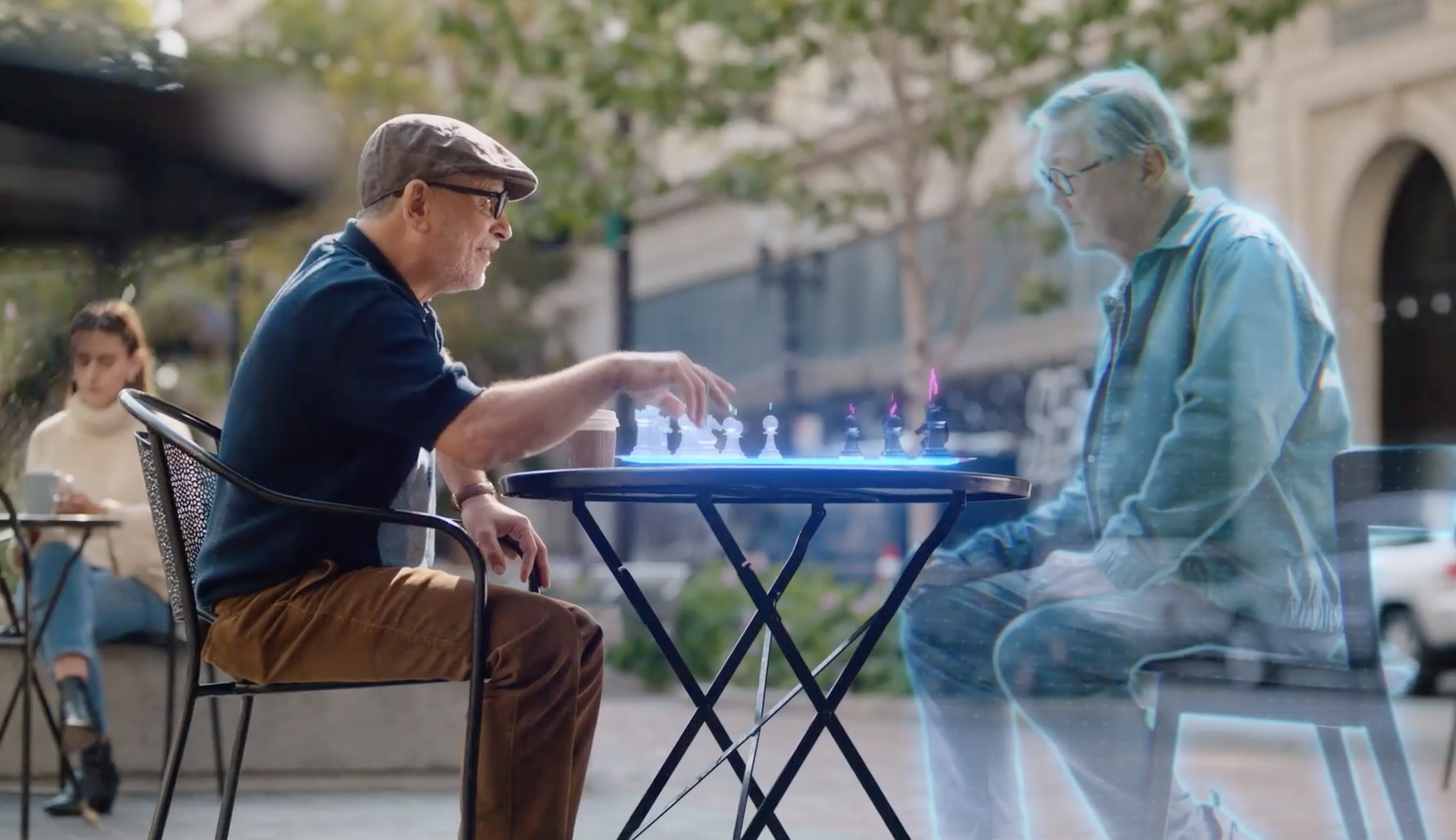Does Gen Z know what the "metaverse" is?
Meta, metaverse, NFTs, web3.0, crypto.
Many names are thrown around when talking about this digital future headed our way, but we’ve been curious. Is Gen Z even familiar with these names? Do we know what people are talking about when they say the “metaverse”?
Well, we asked Gen Z’ers if they had an idea about what the metaverse means, and the response may (or may not) surprise you.
Of the 1812 respondents, 65% did NOT know what the metaverse is. We asked this question on Friday, October 29th, following the announcement from Zuck of the Facebook name change.
If a major platform like Facebook can change its entire company name and focus to reflect this, and Gen Z doesn’t know what it is, what does that mean for us??
Why do 65% of Gen Z not know what the metaverse is?
Well…because we know what it is, just not when it is called the “metaverse”. Zuck’s announcement last week gave us a peek at how Facebook - oops we mean Meta - sees the metaverse developing, and insight into how Gen Z is viewing and talking about the same concept. At around 16:30, Zuck talks about why gaming is so important:
a clip from Meta’s announcement last week
“If you ask people [that follow the space] what the metaverse is, they would say it’s about gaming. That’s because gaming provides the most immersive experiences, and it is the biggest entertainment industry.”
What Zuck points out here is that the metaverse as they dream it is very, very close to gaming; because gaming, as we know it, is the most immersive experience there is. And who games? Gen Z. Way more than anyone else.
So as videos about the metaverse circulate, here is what some Gen Z’ers have to say:
If you notice, many references to the term introduced in the video refer to it as Black Mirror, Ready Player One, or COD in real life. And while those terms have been circulated and referred to by other generations, here’s why it’s important to understand for Gen Z:
Because we’re gamers, because we know Black Mirror and because this is the world we have grown up with, this is the only thing we know.
We don’t have the dot-com era progressing to the social media era progressing to this web3.0 age as a trendline to refer to. We were born into social, and this is our first “transition”. Technology has evolved seamlessly over the last 15 years with no major jumps from one type to the next. But the vision painted by Facebook/Meta is one that to us is the mark of our own aging, the mark of a new journey outside of what we’ve grown up with and are comfortable with.
You’ll certainly see opposition to this “world” from Gen Z as it is spoken about in media and press. And it makes sense. We’ve never had that significant of a technological shift in our lives, so this is most definitely outside of our comfort zone. Why shouldn’t we be resistant to the idea of it?
But what you will start to see is the adoption of these actual behaviors without question. You’ll see as brands like Chipotle, Vans, and Gucci enter this “metaverse” that adoption will happen without hesitation, as it already has so far within these branded activations. Virtual concerts and games like Squid Game on Roblox have seen success too without hesitation from their visitors. Because for Gen Z, these are games. To Gen Z, these are more convenient, more interactive, and more immersive ways to engage and experience their favorite artists, shows, and brands.
The challenge is, however, that at some point there will reach a point where Gen Z’ers who wish to not identify as “gamers” will be confronted with opportunities to engage in these experiences. This, I believe, is both the critical challenge and the biggest opportunity for brands and strategic thinkers. Brands will have a responsibility to not be polarizing, giving a “gamer” what they want out of the experience and a “non-gamer” what they want, too. In this sense, the identities of both parties need not be questioned or sacrificed in order to experience these “metaverse” activations. The brands that can navigate language, technologies, and collaborations in the right way will successfully immerse both “gaming” and “non-gaming” Gen Z consumers into this landscape.

